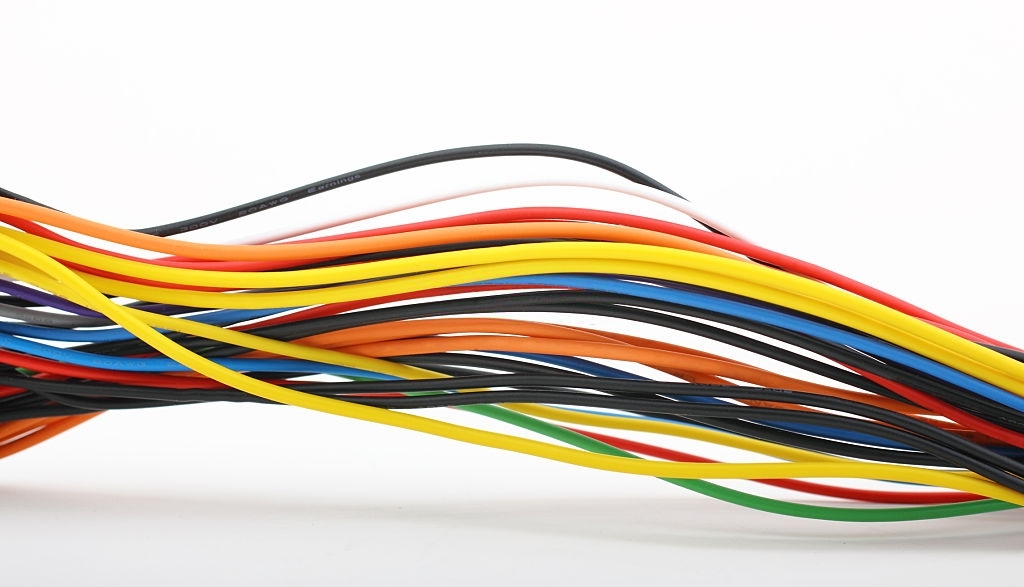Event News
Which Industry to Pursue an Internship After Doing Electrical & Electronic Engineering?

Among your favourite electrical products, including the screen you’re reading with right now, there’s an engineering team brainstorming the next latest and greatest electrical product across different industries. Depending on the area you choose to follow, you might be designing and building various electrical and electronic products in several different industries.
After getting a Diploma in electrical and electronic engineering in Malaysia, you will learn skills that range from technological, interpersonal, and problem-solving in an electrical engineering internship. Internship programs in electrical engineering will promote mastery of applying physics and math to construct energy and electromagnetism solutions.
How to get an electrical engineering internship?
An internship in electrical engineering is an exciting opportunity. Because you’d be exposed to different businesses, electrical engineering internships will provide you with many useful opportunities, offering a taste of what you’ll experience down the road in your career.
Opportunities include connecting with potential mentors, learn electrical and electronic engineering trade secrets, and establish relationships with colleagues with a variety of knowledge. You need to apply to a company to work as an intern. However, the first thing you need to do is find out if they accept interns.

Industries to Pursue an Internship After Studying Electrical and Electronic Engineering
After getting a Diploma in electrical & electronic engineering in Malaysia, several industries are available to you for an internship with a degree in electrical and electronic engineering, from aerospace engineering to telecommunications.
Here are some of the industries you can pursue an internship:
- Aerospace industry
- Automotive industry
- Construction industry
- Defense industry
- Electronics industry
- Fast-moving consumer goods industry
- Marine industry
- Materials and metals industry
- Oil and gas industry
- Pharmaceuticals industry
- Power generation industry
- Rail industry
- Utility industry
- Telecommunications industry
1. Aerospace Industry
An intern in the aerospace industry will be focused on cutting-edge technology, integrating or upgrading power-dense electrical devices and autonomous systems.
There will also be a growing emphasis on emerging technologies for hybrid/electric propulsion for aerospace platforms.
2. Automotive Industry
Electrical engineering interns in the automotive industry are expected to work on a range of components, such as engine and power units, interior and exterior lighting, air conditioning, protection systems, seating controls (movement, heating, and cooling), start/stop technology, and braking systems.
You will also learn about the creation of autonomous, connected, and electrified (ACE) vehicles.
3. Building Industry
Electrical engineering interns in the building environment sector will work on projects in hospitals, offices, and shopping malls to airports, universities, railway stations, etc. Certain responsibilities for designing various systems, including electrical power, emergency power, communications, fire alarms, protection, CCTV, and lighting, maybe entrusted to you.
As interns develop professionally, they’ll also take on responsibility for other technical disciplines to create coordinated designs that fulfil client requirements.
4. Defense Industry
Electrical engineering interns in the defence industry are involved in electrical power and network engineering or optimizing hardware and software design principles, designing advanced design methods, and evaluating complex products to ensure the equipment is suitable for the air, sea, or land operating environments.
Activities may include equipment design, assessment of equipment behaviour, fault detection, assessment of emerging technology, simulation and modelling, and data analysis.
5. Electronics Industry
An intern in the electronics industry may be assigned duties in design, layout, manufacturing, packaging, testing, and field applications engineering. They may also work with chips, integrated circuits, capacitors and resistors, and devices that use electricity as part of their power source.
6. Marine Industry
Interns in the marine industry typically either operate and maintain vessels and equipment or design and construct them. Interns may play a role in producing and transmitting electricity.
There are power demands from huge cruise ships, from the ballroom to the boiler room, while the new offshore vessels have sophisticated electric propulsion systems.

7. Oil and Gas Industry
Interns in the oil and gas industry may be involved in the design, construction, evaluation, maintenance, and upgrading of electrical systems and components, including generators, transformers, and electric motors, making sure that they meet the right level of protection, reliability, and efficiency and can withstand severe conditions such as depth, temperature, and pressure.
This may include making minor modifications or large-scale equipment adjustments.
Final Thoughts
The nature of your job, as an intern, in various industries (including those not listed above) depends on the industry you work in. Many employers take on interns intending to expand their knowledge further.
In addition, expect to work alongside engineers from other disciplines in these industries. Your job will be focused on providing electrical and electronic engineering services.

